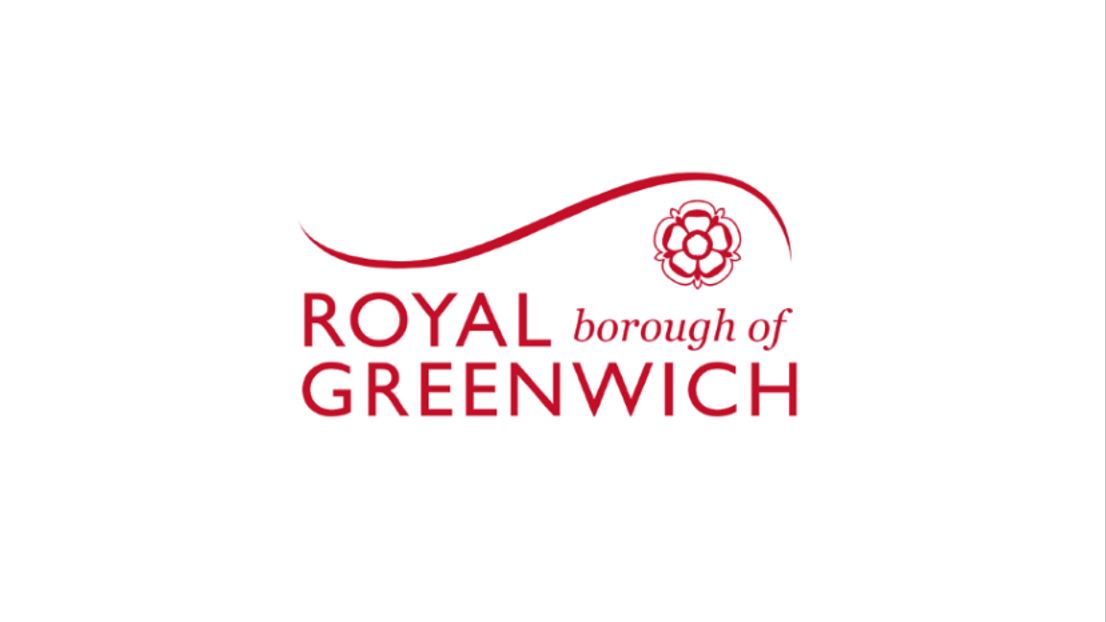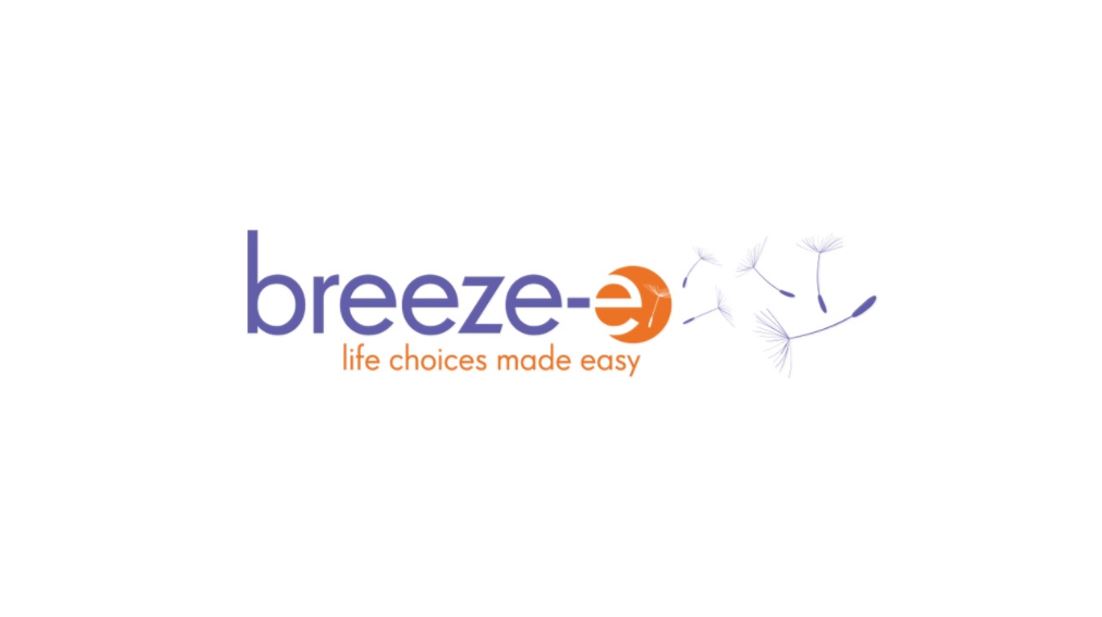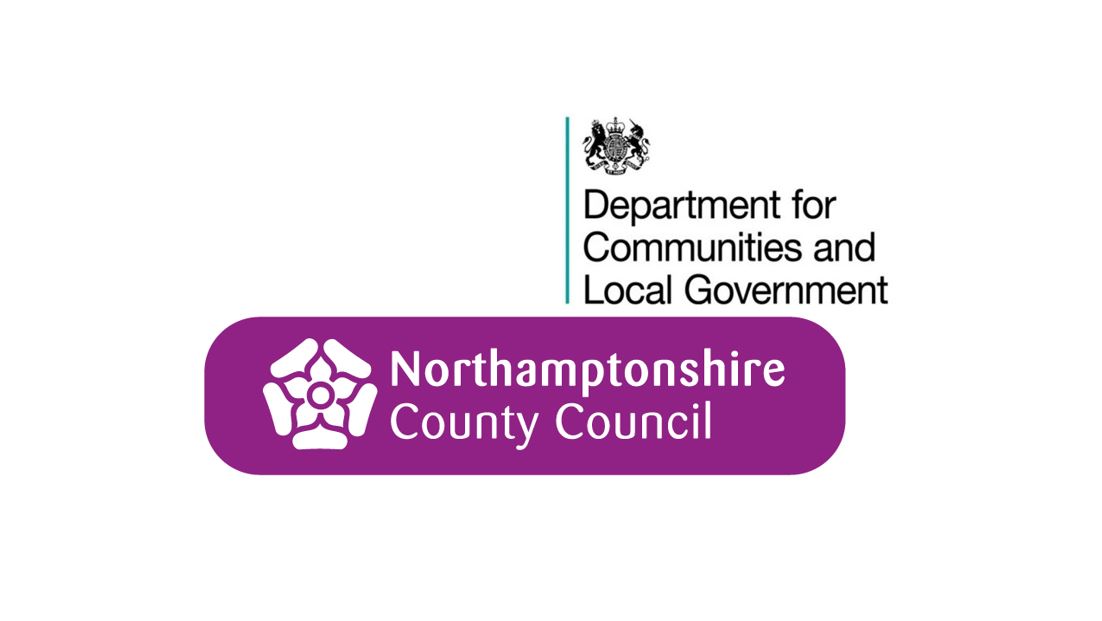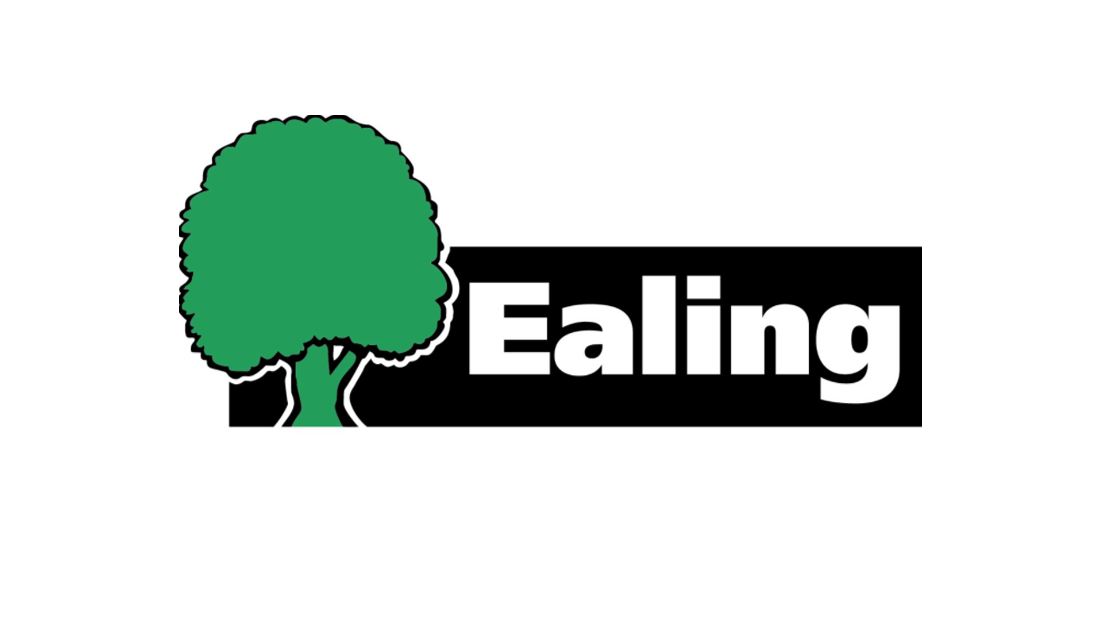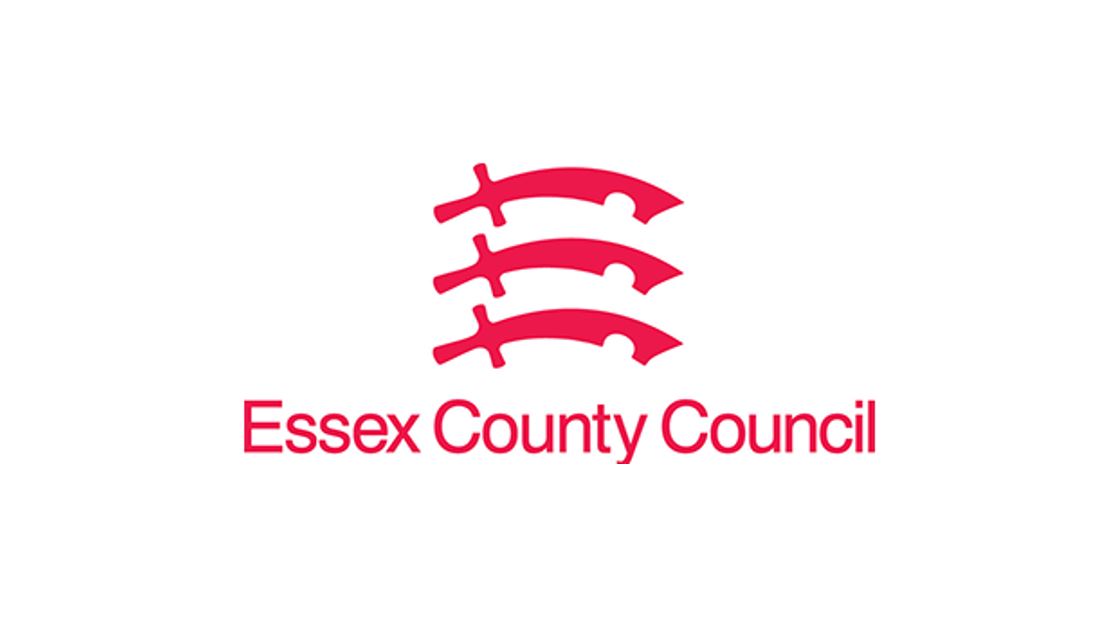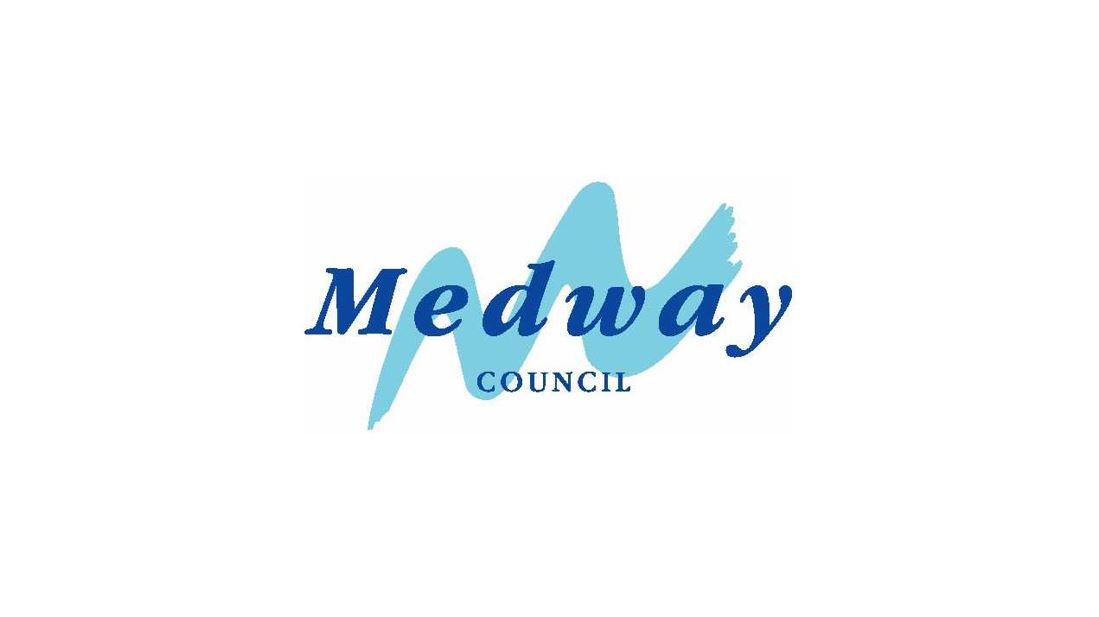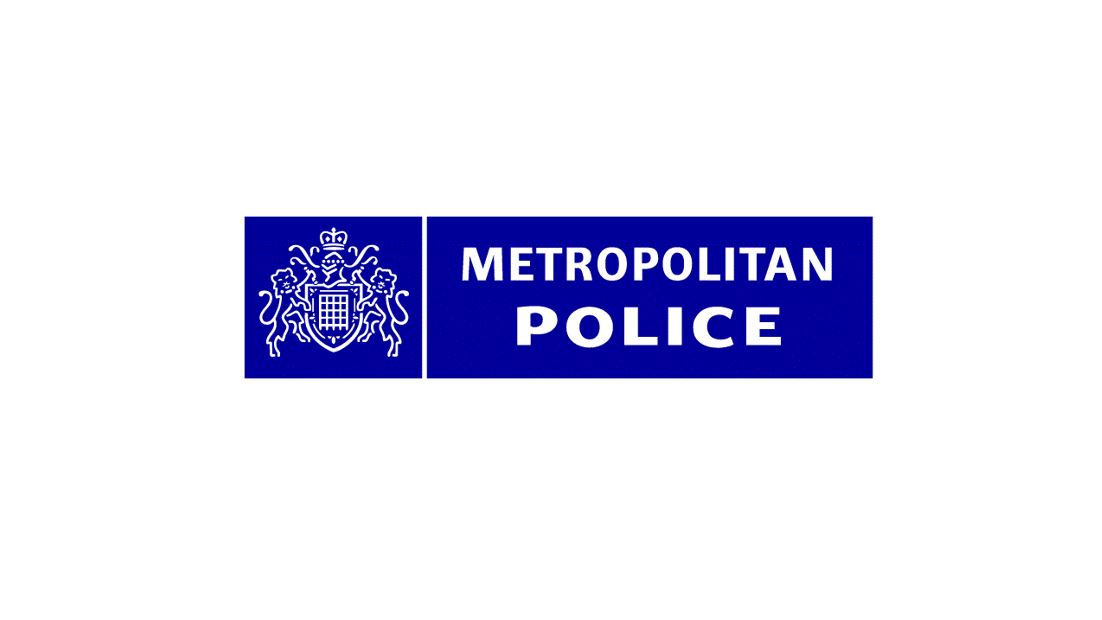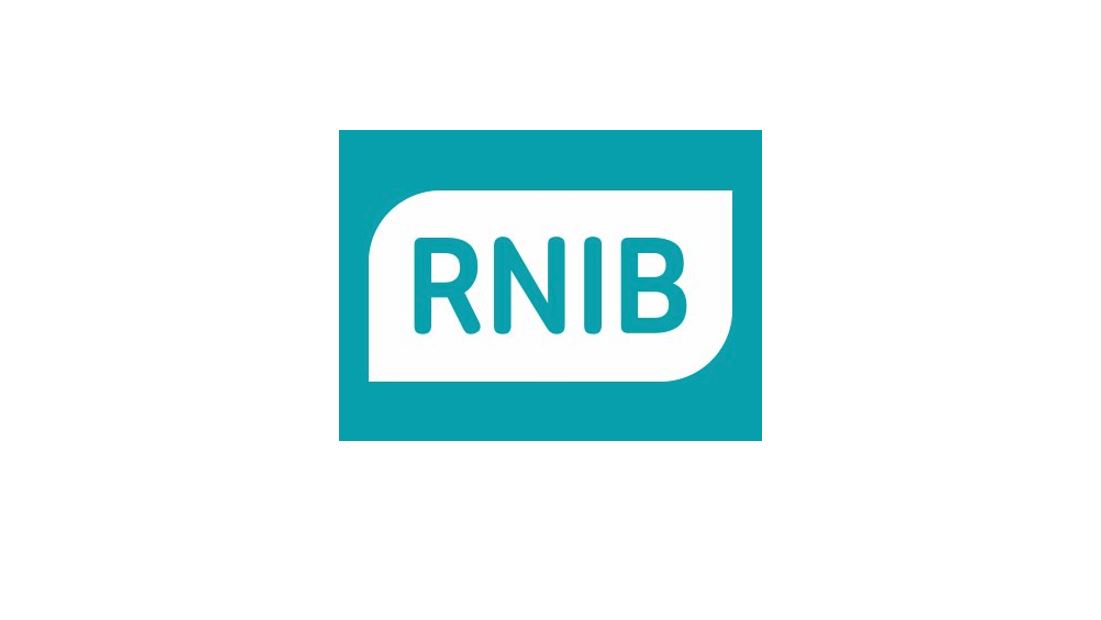NHS Bassetlaw
Winter 2021 to Spring 2022
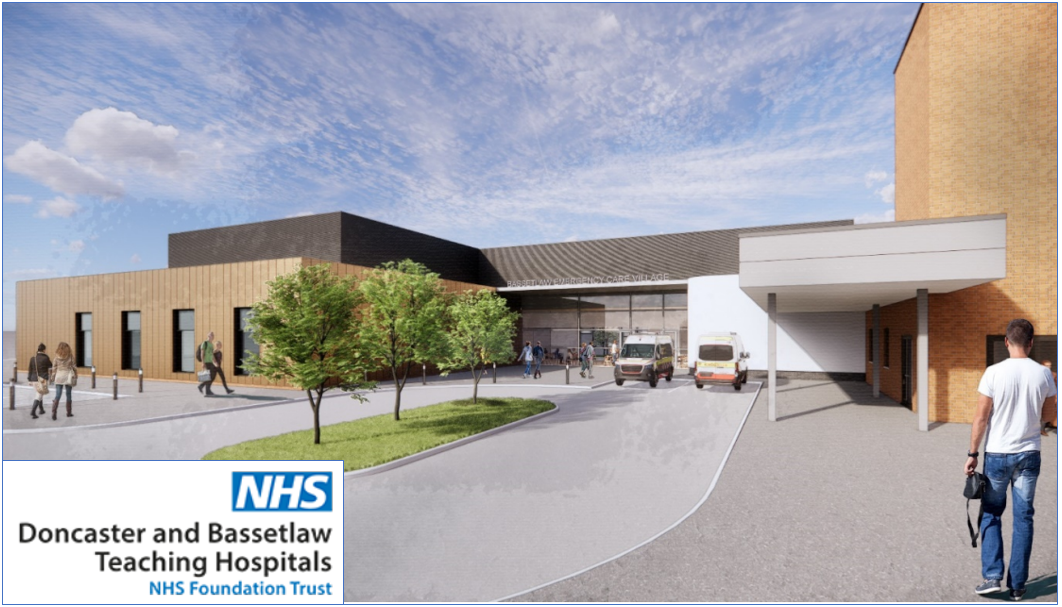
The challenge
£17.6m had been announced in support of a proposal to create a new Emergency Village at Bassetlaw Hospital. This investment created the opportunity to look at the way in which urgent and emergency services were provided to ensure they met the long-term needs of Bassetlaw communities and address some of the challenges the services faced.
Before making any decisions about the permanent urgent care pathway for paediatric patients, NHS Bassetlaw Clinical Commissioning Group (CCG) sought to gather the views of the local community, service users, staff and partner organisations. They commissioned TCC to lead the formal consultation process.
What we did
Working closely with the CCG and Doncaster and Bassetlaw Teaching Hospitals NHS Foundation Trust, we designed the engagement and consultation process, which led to ‘The Future of Children’s Urgent and Emergency Services at Bassetlaw Hospital’ public consultation running for three months, concluding in February 2022. Three options were developed for patients to choose between, ranging from a continuation of the current temporary arrangement, to co-location of a new Children’s Assessment Unit next to the emergency department, allowing children to stay at Bassetlaw Hospital for a short stay.
We provided a wide range of different options for people to feed into the consultation, including: online surveys, paper surveys, meetings, public events, service user engagement, written feedback by letter and email, targeted engagement with identified communities, and social media engagement via the Foundation Trust’s Facebook and Twitter channels. Our approaches were adapted in light of the continuing COVID-19 restrictions.
What happened
In total, almost 2,000 responses were received from across the community. TCC provided an objective analysis of the responses to help inform the final decisions made by the CCG’s Governing Body.
Further evidence from consultation submissions was also provided to aid any future design for children’s urgent and emergency care provision in Bassetlaw and the engagement and consultation process was cited as an example of best practice by the Nottinghamshire Health Scrutiny Committee.



